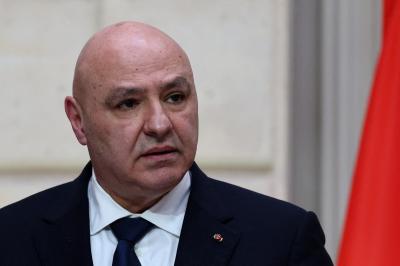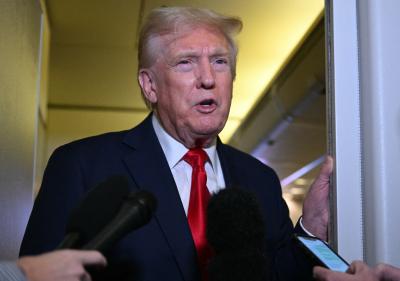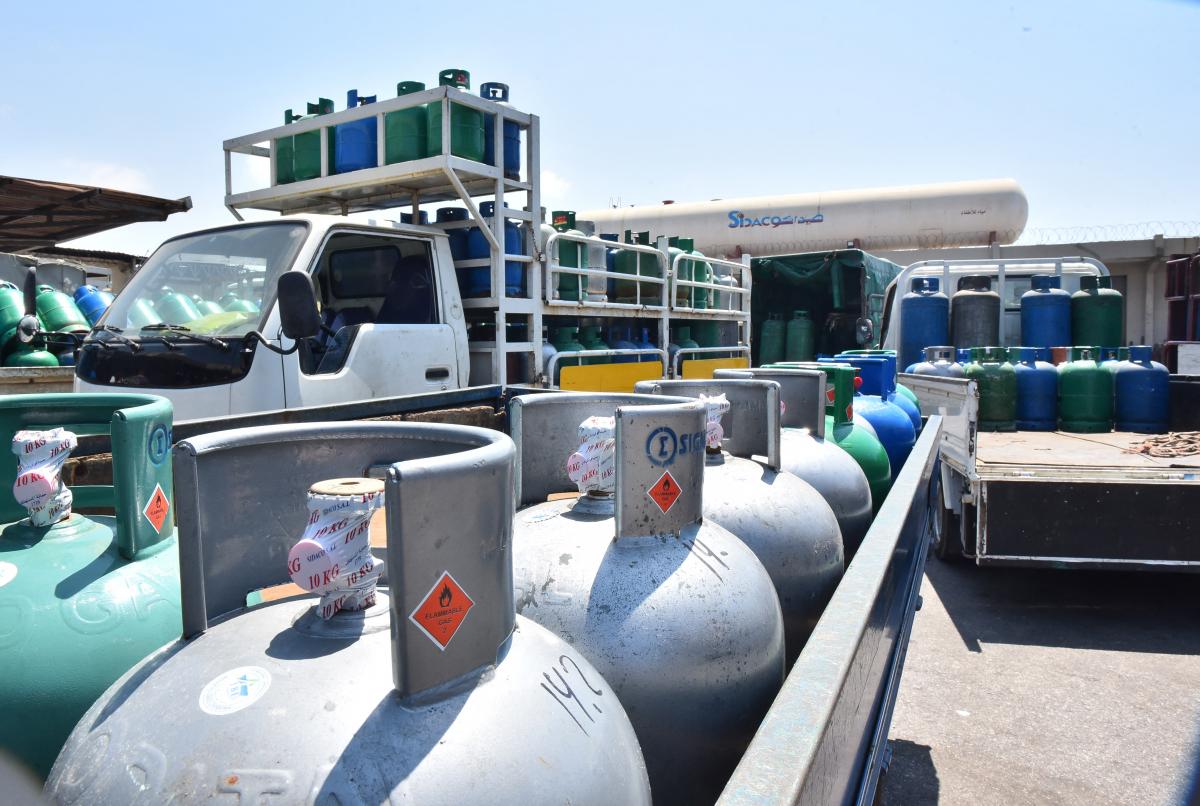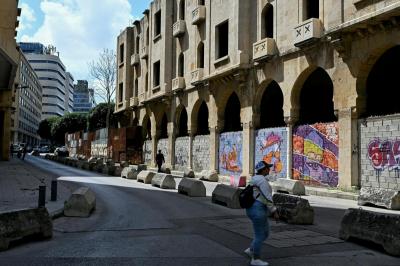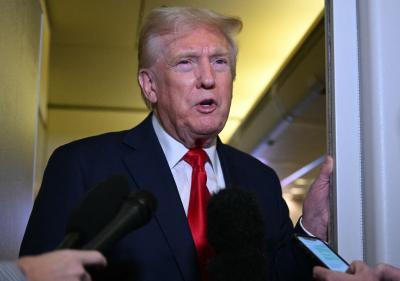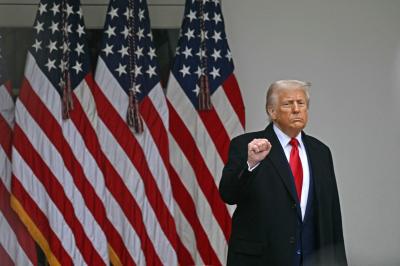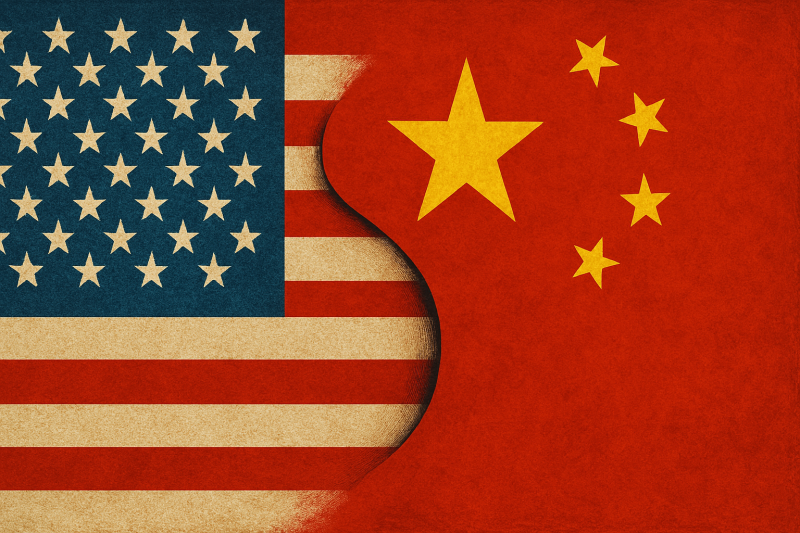Lebanon’s oil and gas wealth represents a golden opportunity that could constitute a major economic turning point for current and future generations. However, the Lebanese state is prohibited from launching the exploitation of this wealth due to failure to meet the political and economic restrictions imposed by the international community. This community considers Lebanon to be a high-risk country and will not tolerate a shady management of this enormous wealth without vital conditions are duly met.
It is true that Total has explored offshore blocks 4 and 9 but concluded that there were insufficient quantities for profitable extraction. The Company has also refused to transmit technical data to the Lebanese authorities. This refusal raises questions and suggests that political pressure is being exerted on the company to delay the exploitation of resources while waiting for Lebanon to get back on its feet.
Admission in Oil country Circle
The next government will face two major challenges: The first is internal: it concerns the implementation of the cease fire agreement and the disarmament of the militias. The second is external and involves the delimitation of maritime borders with Israel as well as the withdrawal of Israeli troops from all occupied Lebanese territories.
These two prerequisites are crucial but are not the only ones. Structural reforms are necessary, particularly the fight against corruption and mismanagement, which are plaguing the public administration and risk squandering hydrocarbon revenues. Ensuring transparency and accountability in the management of contracts with foreign companies is imperative to prevent any financial fraud, including illicit commissions. In this regard, the creation of an independent sovereign wealth fund, managed by financial and economic experts on the Norwegian model, is a necessity. Another major challenge is the lack of a suitable infrastructure for the exploitation of gas and oil, whether it be refineries, pipelines, specialized ports or roads. A partnership with large international companies is essential to develop and modernize this infrastructure. In addition, Lebanon suffers from a deficit in technological infrastructure, which is essential for the proper functioning of the sector during the exploitation phase.
Financial, Economic Overhaul
On the financial front, major reforms are essential, particularly in the management of public finances and the banking sector. Reducing public spending, restoring confidence in the banking system, and restructuring it are essential to attract foreign capital in the form of investments or aid. This is a strategic lever to strengthen the country's economic stability.
The economic orientation will also have to be rethought in favor of auxiliary sectors of the gas and oil industry. The development of services (hotels, banks, transport, trade) and the petrochemical industry is essential to support this new energy era. These sectors, if well developed, could attract massive investments and generate high returns.
Lebanon's Benefits?
The success of the future government will depend on the rationality and efficiency of its decisions in terms of management, infrastructure and investment policies. If these conditions are met, the exploitation of oil and gas resources could radically transform the Lebanese economy. Among the main potential benefits:
Public Finance Improvement: The extraction of gas and oil would offer the state a stable income in foreign currency thanks to taxes and royalties collected on economic activity. This could allow a structural increase in Treasury revenues.
Sovereign Wealth Fund Creation: This fund would play a crucial role in Lebanon’s economic stability by supporting the national currency, reducing public debt and financing development projects. As an indication, Lebanon’s net share in offshore gas resources is estimated at over $300 billion, with a probability of exploitation exceeding 95%.
Energy Bill Reduction: Local exploitation of gas and oil would provide Lebanon with a sustainable source of energy, reducing dependence on costly imports and positively impacting the electricity sector. This would ease the pressure on local industry and citizens’ purchasing power, while reducing the trade deficit, one third of which is due to fuel imports.
Regional Energy Hub
Europe is a natural outlet for gas extracted from the eastern Mediterranean basin. In this context, Lebanon could play a strategic role by exporting its gas via a pipeline linking Tripoli to the Syrian coast, then to Turkey and Europe. Such an infrastructure would generate substantial revenues and stimulate the local economy.
Reform-Conditioned Opportunity
In short, if the exploitation of gas located in Lebanon's exclusive economic zone represents considerable hope for economic stabilization and the improvement of the living conditions of the Lebanese. Its use for this purpose depends entirely on the government's ability to ensure political and security stability, to curb corruption, and to modernize infrastructure to attract international investment.
 French
French


